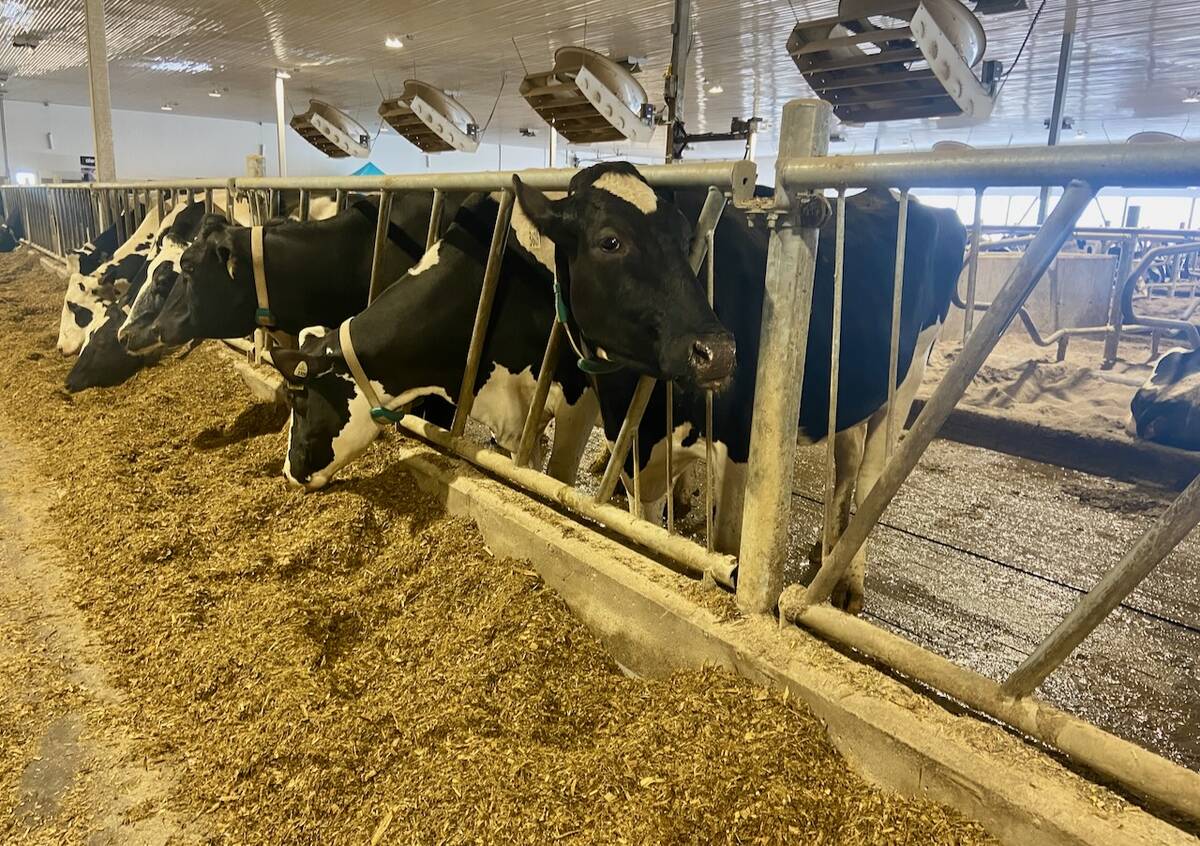RED DEER – More food recalls are making people nervous, says a University of Alberta researcher.
People’s reactions to reports about meat recalls often result in slightly lower consumption even though there is little chance of harm to anyone, said Ellen Goddard, head of rural economy at the university.
“We know that realistically these things are very limited. It is how it is portrayed in the press that causes shifts in consumption behaviour more than the actual risk associated with it,” she told the Alberta poultry conference in Red Deer Feb. 26.
Read Also

U.S. farm group supports supply management
U.S. grassroots farm advocacy group pushing new agriculture legislation that would move towards supply management like Canada has for dairy industry
There can also be reverse reactions to a food crisis. In the early days of the BSE crisis, consumers responded well and filled their freezers with beef to support cattle producers. However, those purchasing patterns have dropped off and per capita beef consumption is roughly equal to chicken.
However, as time goes by and more BSE cases are reported some people may question what is happening when there are supposed to be barriers in place to protect consumers.
“The more cows we find with BSE, the more concerned consumers appear to be getting with their consumption,” she said.
Increased food recalls and questions about sanitation need to be addressed by the meat industry, which has done a poor job in telling the public about farm food safety programs, Goddard said.
Poultry and egg producers have aggressive on-farm food safety programs, but that information is not advertised on packages of fresh product at the grocery store.
“We need to be able to tell consumers about the practices we actually engage in. It is probably not sufficient to have the program in existence and not actually tell consumers when they are getting bombarded with all sorts of media information that may or may not support them,” she said.
Although Goddard did not have specific advice on how to effectively get the message across, industry may need to look at logos or other means to ensure quality control measures have been met.
As a consumer researcher, she also noted a shift in attitude about personal health and meat consumption.
“Increasingly there is an awful lot of pressure coming on consumer behaviour through concerns about health,” she said.
There is a chicken versus red meat mentality, concern over trans fats and worry about other harmful side effects from eating meat.
People worried about trans fats in a product may not be doing themselves any good by eating products like chicken nuggets, for example. Prepared nuggets can have high levels of trans fats due to the cooking methods, so the health benefits of eating chicken are cancelled.
“Some of these health issues are going to dramatically change the form in which we choose to eat our meat products in the future.”















